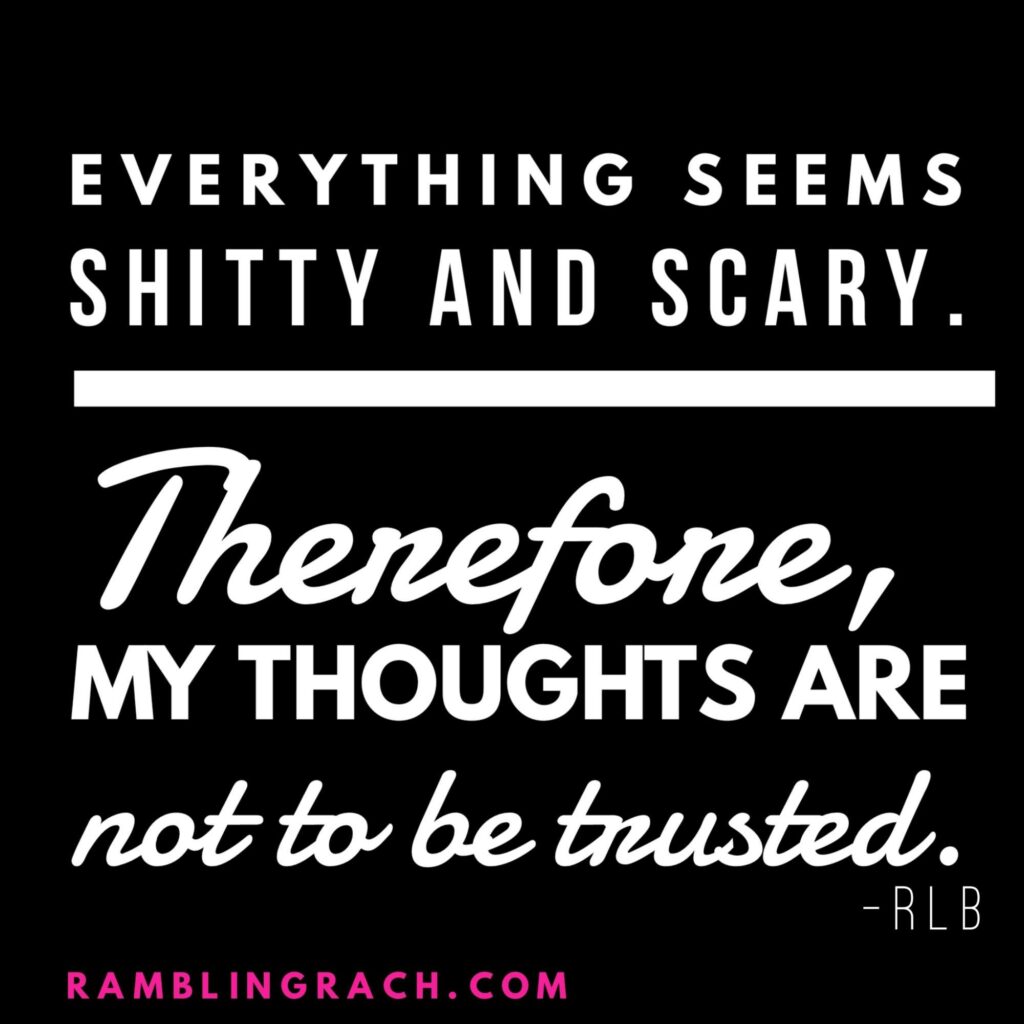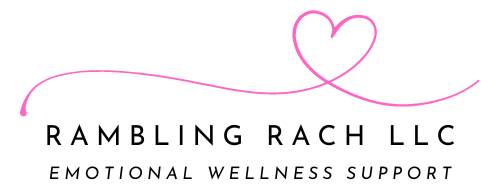
I just recently learned, at age 40, I’ve been having anxiety attacks since I was a little girl. I’ve always known when my daughter was having one right away. I quickly learned to recognize the overwhelming (and sometimes irrational) fear, the strong desire to flee the situation, the crying, sweating, shaking and shortness of breath.
Yet it never occurred to me that I experienced something similar.
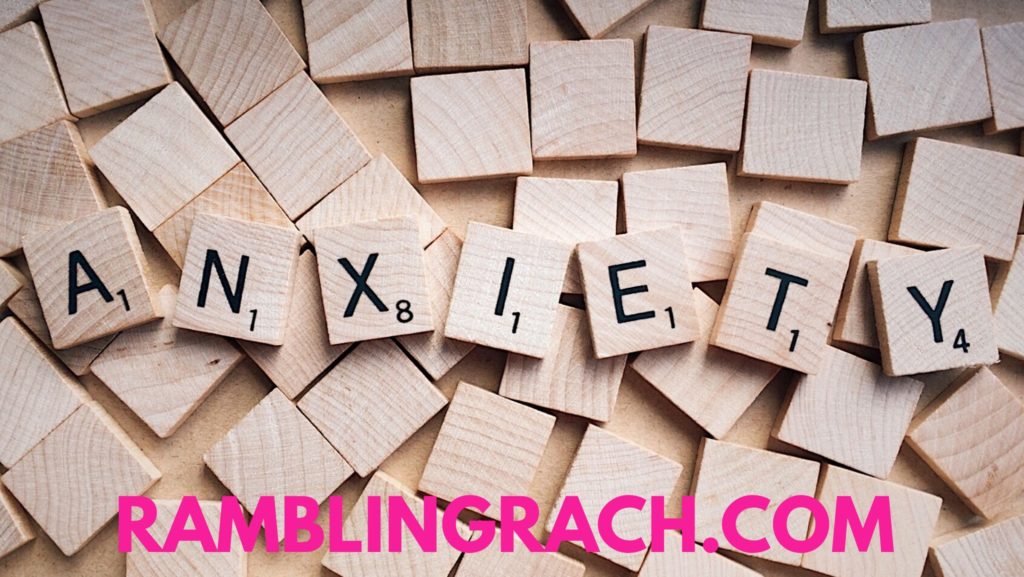
I didn’t know I was having anxiety attacks.
Growing up, my teachers, friends and family told me I was too sensitive and overly emotional. I was called a drama queen, cry baby and spoiled brat. The world was hard for me to navigate when things didn’t go the way I expected. Disappointment was devastating. Changes in plans or routine were extremely difficult. I’d frequently cry – often uncontrollable sobbing – when I got stressed out.
Or sometimes I’d just shut down, zone out, go quiet. Then I was accused of being a problem, of giving someone the “silent treatment” to try to get my way.
This continued through my teen years and into adulthood. I have an undergrad degree in psychology and a masters in early childhood education, focusing on special needs. I’ve been a mental health advocate both professionally and in my personal life for many years. I’ve accompanied people to therapy who needed support. I lived with people who struggle with immense anxiety and helped them seek treatment.
But it never occurred to me that I was struggling with anxiety myself. It never occurred to me that I had my own mental health issues to address.
I’d spend hours locked in the master bathroom sitting on the bath mat outside the shower sobbing, hyperventilating, sometimes even scratching at my own skin. Or I’d spend days at a time in bed, unable to handle even simple tasks.
“Something is wrong with me. I’m messed up, broken, a failure.”
That’s what I told myself. Anxiety attacks cause your mind to play tricks on you. But I didn’t realize that’s what was happening.
I was telling my daughter, her friends, my friends, my now ex-husband, “You aren’t broken. You’re good enough. You’re just wired a little differently and need extra help. It’s okay to struggle. There’s help available. You deserve to feel better. I’m here for you.”
But I didn’t give the same advocacy and empathy to myself.
“You’re having anxiety attacks.”
I decided to leave my marriage in April. So much chaos, conflict and crisis went into that decision. Episodes in which I couldn’t control my emotions, brain or body got more frequent and intense. My hands would shake. I’d get excruciating headaches. My heart would race and my breathing would go wonky.
Since I moved out of the home where I’d lock myself in the bathroom and sit on the bath mat, I adopted Publix grocery store parking lots as my safe space. I don’t even know how that came to be. Maybe I just happened to be pulling in when one hit me and it just stuck. I’d sit in my car in the parking lot until I was able to pull myself together. Sometimes I’d go into the store after. Often I was too tired and went home. Once the store closed while I was crying in my car.
I opened up to a friend. He was kind and understanding, didn’t accuse me of being dramatic or call me names and just listened. I kept reaching out to him. The episodes felt less scary with him in my corner.
One night my friend said, “I just realized you don’t know this. You’re having anxiety attacks.”
And in that moment, I felt like a weight was lifted off me. I finally saw it. It wasn’t a personality flaw.
But it didn’t stop the panicking. The weight of everything else was still crushing me. I was dizzy and weak. My head pain was excruciating. My whole body hurt. I couldn’t stop crying. I sat on the floor between my bed and the wall. My brain raced with thoughts of all that I’d done wrong, all the ways I’d messed up. I was racked with guilt, convinced I’d failed my daughter in every way. I was terrified about the future for both of us.
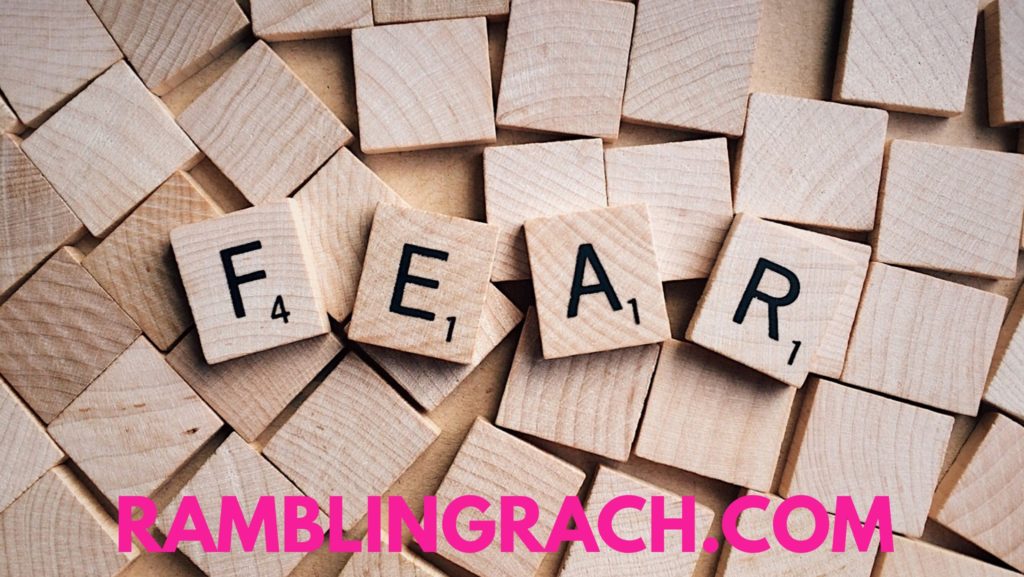
This friend stuck it out with me long distance. “When everything seems shitty and scary, your thoughts can’t be trusted,” he said. I finally crashed after midnight and woke up feeling like I was hit by a train the next day – worse than a hangover.
Getting help
I talked to my therapist at our next weekly session. “I’ve been having panic attacks,” I said. “Why do you think that?” he asked? I told him what was happening. “No, you’re having anxiety attacks.” He explained that panic attacks occur without specific reason. What as happening to me was always triggered by a person, event, feeling or worry. I knew what was causing them. We talked about tools to use when I felt an anxiety attack coming on. We’re still discussing the triggers, why they impact me and how to manage that months later.
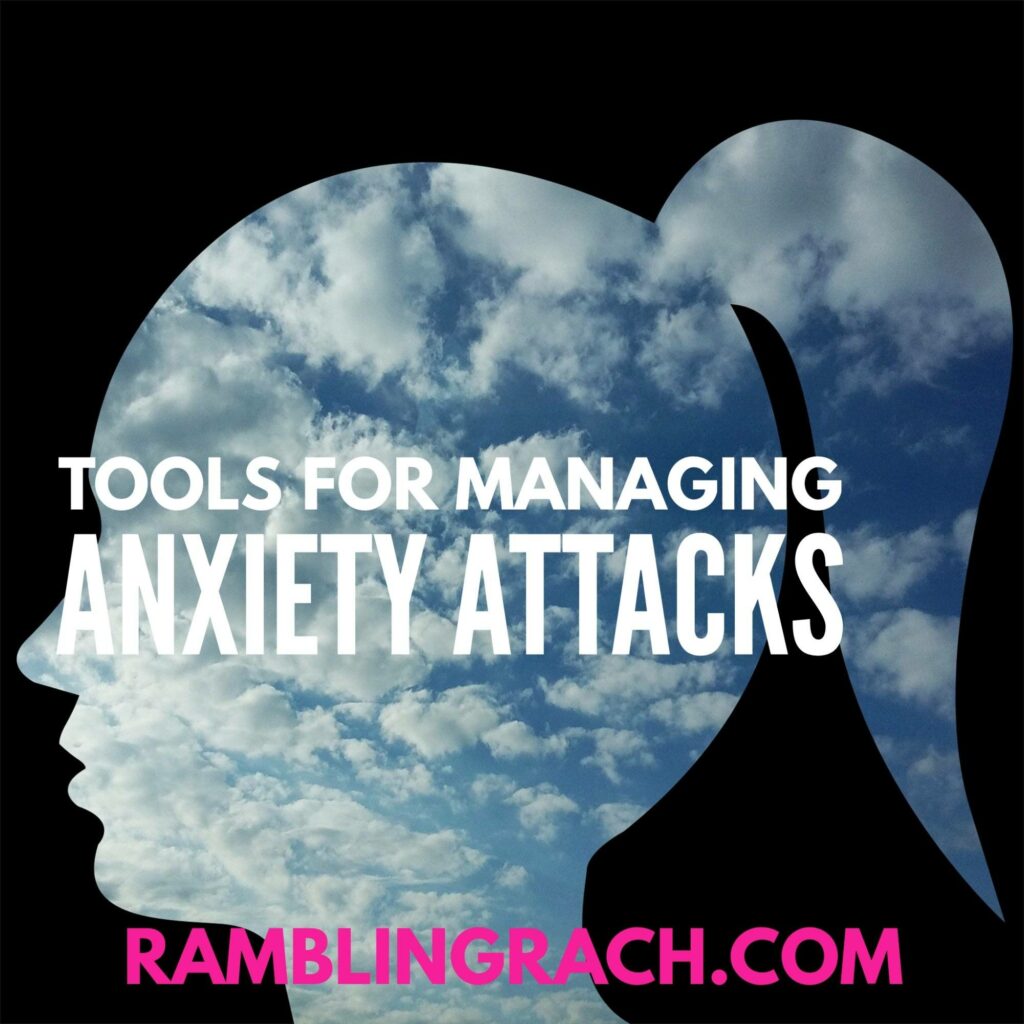
Sensory grounding and other tools for anxiety
Sensory grounding has been a big help when I’m stuck in an anxious state. My therapist instructed me to practice stopping to notice five things for each of my senses – five things I see, hear, smell, touch and taste. I couldn’t remember to do this at first. The same friend would remind me. It helped. I do it on my own now.
Other tools that help me include meditating (I use the headspace app), sipping a very cold drink, yoga or other movement, coloring, taking a shower or bath, petting my cat, deep breathing and journaling. Oh, and, like I said, continued therapy.
How to get help
Don’t suffer for forty years like I did. If this sounds like you, reach out and get some help. You aren’t broken and you deserve to feel better. Talk to your doctor or find a therapist. Sometimes going to therapy just seems like too much. I’ve done online therapy with Better Health and really liked my therapist. Being able to type out my feelings to a professional several times a day was really helpful when I was too overwhelmed and exhausted to make face-to-face therapy appointments happen.
Here’s a great mental health resource full of info. Don’t suffer alone, worrying about what people will think on their way into the grocery store while you melt down in your car. Life is lighter when you understand what’s happening to you and you arm yourself with some tools to take control of it.
